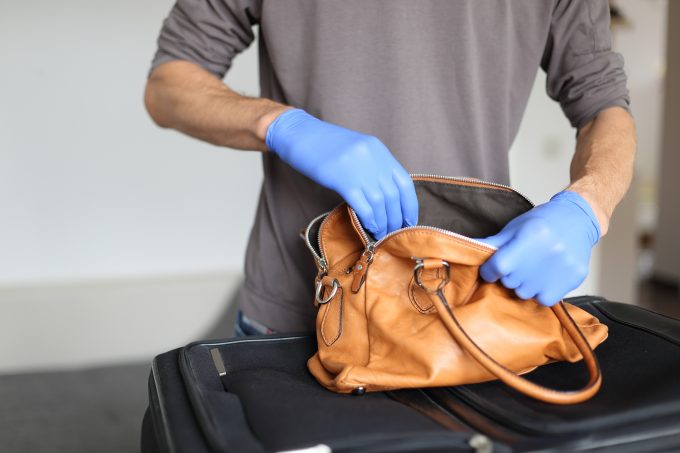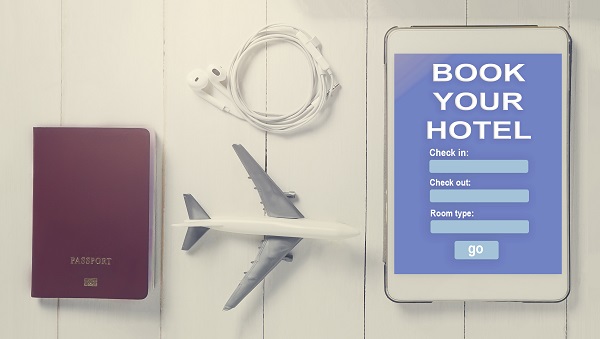
Will ‘digital strip searches’ damage New Zealand’s brand?
A new law allowing Kiwi customs officers to perform ‘digital strip searches’ has hit headlines around the world and prompted social media users to swear off visits to New Zealand.
The Customs and Excise Act 2018, which came into effect last week, gives NZ border patrol officers powers to demand passwords, PINs and encryption keys to unlock traveller’s devices so they can be searched.
Those refusing to comply can be issued with a $5000 fine and risk having their devices confiscated and possible prosecution.
International reaction has been swift, with media from The Washington Post to Al Jazeera carrying the story and a social media backlash seeing travellers pledging to avoid Aotearoa over a perceived violation of civil liberties.
While New Zealand isn’t alone in conducting such searches – between November 2017 and March 2018 the Canadian Border Services Agency examined the devices of 4,529 travellers – it is the first country to fine passengers who refuse to hand over their passwords.
The New Zealand Council for Civil Liberties has described it a “grave invasion of personal privacy of both the person who owns the device and the people they have communicated with”.
“Modern smartphones contain a large amount of highly sensitive private information including emails, letters, medical records, personal photos, and very personal photos,” said chair Thomas Beagle.
“The reality of this law is that it gives customs the power to take and force the unlock of people’s smartphones without justification or appeal – and this is exactly what Customs has always wanted.”
However, New Zealand Customs argues the move is necessary to counter a new generation of online threats.
“The shift from paper-based systems to electronic systems has meant that the majority of prohibited material and documents are now stored electronically,” a spokeswoman said.
Officers will not be able to access cloud-based material, just file-by-file storage, and must have a “reasonable cause to suspect” a device or its owner to warrant the digital search. Data may be copied and reviewed under the new regulations.
The Washington Post reports that in the US, probes of mobile phones by border agents rose from fewer than 5,000 in 2015 to 25,000 in 2016.
The American Civil Liberties Union brought a case last year against the department of homeland security on behalf of 11 travellers whose phones and laptops were searched at US airports and borders. In May, a federal judge ruled that case could proceed, rejecting the government’s bid to have the complaint – mounted on First Amendment and Fourth Amendment grounds – dismissed.
During parliamentary debate on the New Zealand legislation, Labour’s Meka Whaitiri, a former customer officer, said the law “balances the protection of New Zealand with individual rights”.
The Twittersphere is abuzz with comments from those who disagree.
Ayrton Evans tweeted: “This is yet another gross invasion of privacy amid further degradation of our rights and civil liberties by increasingly authoritarian governments – in an age of mass surveillance, in the name of national security and counter-terrorism.”
While TParadis commented: “Wow……did not know that Stalin’s off spring now runs the New Zealand government. Interesting. I wonder if they’ll be asking for our childhood diaries next. ‘Dear Diary, I am so glad I don’t live in New Zealand’.”
Kiwi custom officers, like those in Australia and elsewhere, have long been empowered to search digital devices and seize them for forensic examination if they were thought to contain evidence of criminal activity. But the law did not previously require travellers to open their own devices for inspection.

AccomNews is not affiliated with any government agency, body or political party. We are an independently owned, family-operated magazine.






